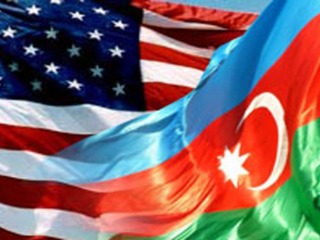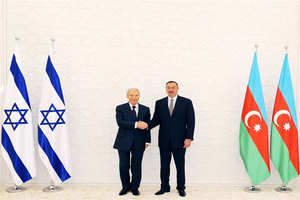The Strategic Context of U.S.-Azerbaijan Relations after the Presidential Elections
By Mamuka Tsereteli (the 27/11/2013 issue of the CACI Analyst)
On October 9, 2013, Azerbaijan held presidential elections and incumbent president Ilham Aliyev was re-elected for another five year term. The OSCE ODIHR observer mission, as well as the U.S. government, issued critical statements about the conduct of elections by Azerbaijani authorities that created tensions in Azerbaijan’s relationships with Western allies. Issues of concern need to be addressed, but they should not disrupt Western engagement and critical support for Azerbaijan’s sovereignty against the backdrop of assertive Russian policies to limit the Western presence in the broader Eastern European and Central Eurasian Space.

Azerbaijan and Armenia Stockpile New Weapons
By Bakhtiyar Aslanov (the 30/10/2013 issue of the CACI Analyst)
Since the 1994 cease-fire agreement between Azerbaijan and Armenia, negotiations between the parties have been overseen by the OSCE Minsk Group without any particular success towards peaceful solution. After the deadlock in peace negotiations over the Nagorno-Karabakh conflict in 2011, Azerbaijan and Armenia both accelerated their stockpiling of arms and intensified their public rhetoric of preparing for a new war.
CACI Analyst, May 15, 2013
Facing Growing Iranian Threats, Azerbaijan Deepens Ties To Israel
by Robert M. Cutler (05/15/2013 issue of the CACI Analyst)
Iranian legislators in Teheran have drafted a bill calling for revision of the 1828 Treaty of Turkmanchay, which divided the multiple Azerbaijani khanates between the Russian and Persian Empires. While this cannot be taken wholly seriously, it is a symbol of the deterioration of bilateral relations. It comes against a background of worsening rhetoric between Teheran and Baku, which have in the past extended into subversive actions by Iran on the territory of Azerbaijan. It is thus in the line of longstanding Iranian threats against Azerbaijani sovereignty and the government of President Ilham Aliyev.




